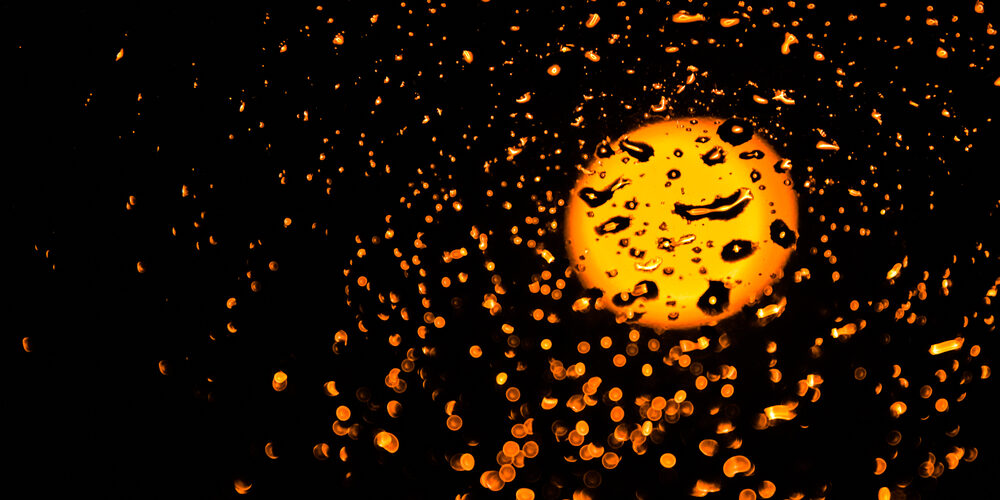Tinted windows can affect visibility at night, depending on the darkness of the tint and the lighting conditions.
Here are some considerations regarding tinted windows at night…
- Reduced Visibility – Tinted windows, especially those with a darker tint, can reduce visibility at night by limiting the amount of light that enters the vehicle. This reduction in visibility can make it more challenging to see objects, pedestrians, and other vehicles, particularly in low-light conditions or poorly lit areas.
- Glare Reduction – While tinted windows can reduce glare from headlights and streetlights, which can be beneficial for reducing eyestrain and improving comfort while driving at night, excessively dark tint may also reduce the amount of light that reaches the driver’s eyes, potentially affecting visibility.
- Legal Considerations – It’s essential to be aware of local regulations regarding window tinting, as some jurisdictions have specific laws and restrictions regarding the darkness of tinted windows, particularly for front side windows and windshields. Exceeding legal tint limits can result in fines and penalties, and excessively dark tint may be particularly problematic at night when visibility is reduced.
- Adjustments to Lighting – To compensate for reduced visibility caused by tinted windows at night, drivers may need to make adjustments to their vehicle’s lighting, such as using headlights, fog lights, or interior lights, to improve visibility both inside and outside the vehicle. However, it’s important to avoid using excessively bright or distracting lights that could impair the vision of other drivers.
- Adaptation Period – Drivers may need some time to adjust to the reduced visibility caused by tinted windows at night, particularly if they are not accustomed to driving with tinted windows or if the tint level is significantly darker than what they are used to. During this adaptation period, it’s important to exercise caution and drive defensively to compensate for any limitations in visibility.
While tinted windows can affect visibility at night, especially if they are excessively dark, they can also provide benefits such as glare reduction and improved comfort. It’s essential to strike a balance between the desired level of tint darkness and maintaining adequate visibility and compliance with legal regulations for safe driving both during the day and at night.






